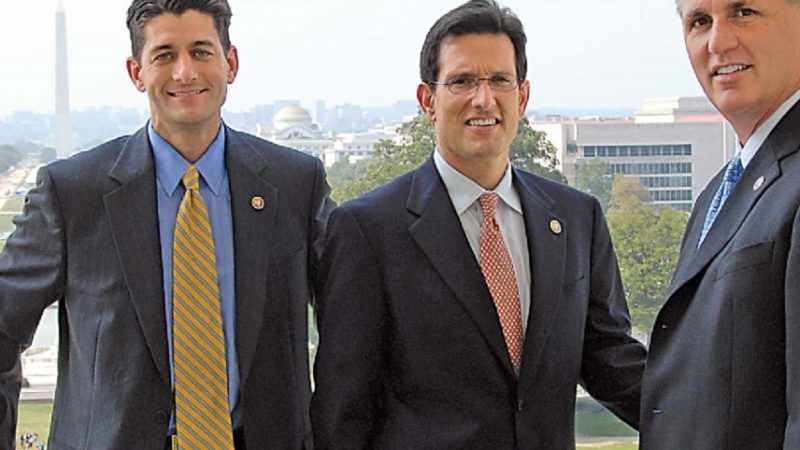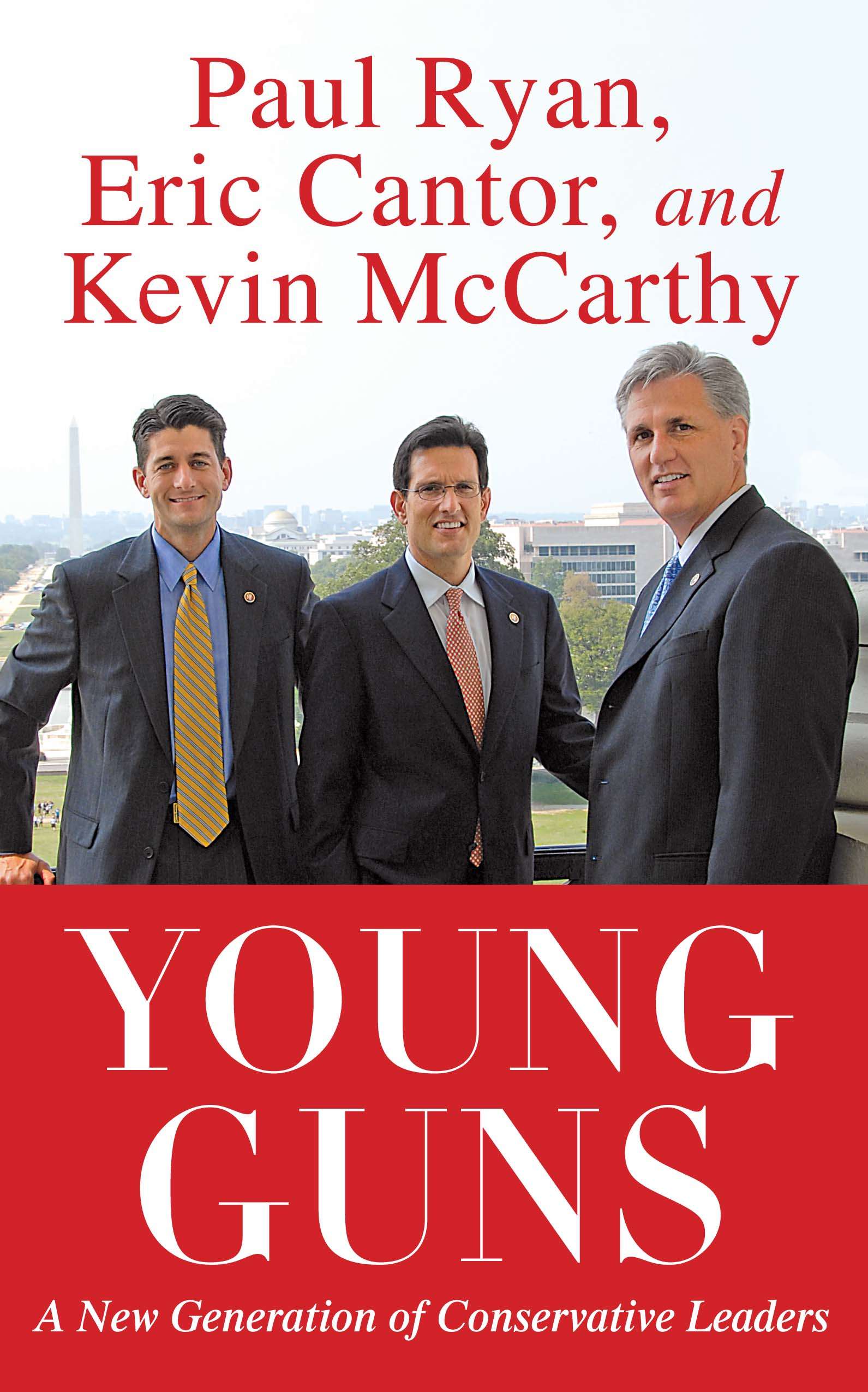Who Killed the Deficit Hawks? You and Me, but Especially Paul Ryan.
Calls to shrink the size, scope, and spending of government, or even balance its budget, have gone the way of the dodo bird. That's kind of a problem.


Who killed the deficit hawks, a gone-missing species of politician that once was everywhere?
Time was not that long ago when most Republicans and even many Democrats were fixated on shrinking annual budget deficits, reducing the national debt, and making sure outlays and revenues kind of matched up. They didn't agree on much of anything else, including the proper size, scope, and spending of the federal government. But they did think that voters should mostly pay in the here and now for what they were getting. Government by Groupon? Go eff yourself, buddy!
As Paul Kane notes in a must-read Washington Post column, back in 2006
House Democrats marched toward a decisive midterm victory that thrust them into the majority. Then, their numbers were populated by fiscal conservatives in Southern and rural districts who pledged to cut the deficit, as well as antiwar liberals who wanted to bring troops home from Iraq at a time when the war was costing more than $100 billion a year.
He's not kidding. A dozen years ago, the Dems campaigned loudly and successfully on the profligate spending of the Bush administration and Republican Congress. In its first six budgets, during which Republicans controlled the federal government's purse strings, total inflation-adjusted spending increased by 2.4 percent annually on average, the highest rate since FDR was in office. Federal spending as a percentage of GDP also reached new heights. Everyone agreed this was a bad thing and the Democrats were able to win partly because they promised to rein in such irresponsible behavior. When she was elected Speaker of the House in early 2007 by her fellow Democrats, one of Nancy Pelosi's applause lines during her first speech in office was actually:
After years of historic deficits, this 110th Congress will commit itself to a higher standard: pay as you go, no new deficit spending. Our new America will provide unlimited opportunity for future generations, not burden them with mountains of debt.
That pledge didn't last very long, of course. It never does. Once you get in power, well, you just tend to lose the inner strength or fortitude to actually cut spending, raise taxes, or some mix of both. As Kane underscores, this was especially true of retiring Speaker Paul Ryan (R-Wisc.).
Ryan, a onetime preacher about the evil of debt, now brushes aside any questions about how annual deficits rocketed under his watch — from about $430 billion in 2015, when he took the gavel, to almost $1 trillion as he heads for the exit three years later.
Brushes aside! That's putting it lightly. Actually, what Ryan does is simply ignore his own role in the problem, which he at least correctly identifies as spending like a drunken sailor:
"Revenues are up. The problem is a predictable one — it is spending," Ryan said in a farewell event with Wisconsin news media Wednesday at the Capitol. He pinned the blame on Medicare and Social Security costs.
"It is baby boomers retiring, a country not prepared for it," Ryan said. "It's health inflation, and it's the entitlement programs."
Let the record show that, with the exception of Obamacare, Paul Ryan voted for just about every major expansion of government power and spending put in front of him in the 21st century: The Patriot Act (which not only expanded government surveillance, it created a ton of new spending opportunities), all of Bush's and Obama's wars and defense budgets, TARP, No Child Left Behind, Medicare expansion, you name it. And for all the abuse that Ryan took for "voucherizing Medicare" (which hasn't happened), the budget plans he kept pushing always spent more money in the next couple of years before magically finding balance a couple of decades down the road.
But what Kane shows too is that politicians are only as cowardly as voters let them be. He writes that a mere 14 percent of us consider "the deficit" as the top issue facing the country, well behind other topics such as "the economy" (25 percent), "health care" (24 percent), "gun issues" (23 percent), and "immigration" (17 percent).
If Democrats retake the House in November's midterms, it will be the first time in more than 70 years the majority has flipped without deficits or government overreach playing some key role in creating the backlash to the party in power.
Read "Deficit hawks are dead, and few in Washington can muster any outrage."
Prediction: Right-leaning deficit hawks will magically spring back to life the minute the Democrats takes control of some combination of the House, Senate, and Oval Office. It will turn out that the hawks weren't really dead, they were just resting their eyes. It's anyone's guess when left-leaning deficit hawks might re-emerge. Reason's Peter Suderman has argued convincingly that due to blatant Republican hypocrisy on spending issues, Democrats no longer even have to pretend to give a shit about how to pay for stuff anymore. Alexandria Ocasio-Cortez and other "Democratic socialists" really don't have to come up with plausible means to pay for $40 trillion (!) in new spending over the next decade because Republicans didn't bother to pay for all the new stuff they bought.
So, who killed the deficit hawks? Well, Paul Ryan, for sure, and other hypocritical Republicans. But after all, it was you and me.
Reminder: Balancing the budget and reducing the national debt are not simply accounting fetishes. Sustained periods of large and growing national debt hurt long-term economic growth.
Related: "Are We Broke Yet?," a Reason video from 2011.


Show Comments (50)